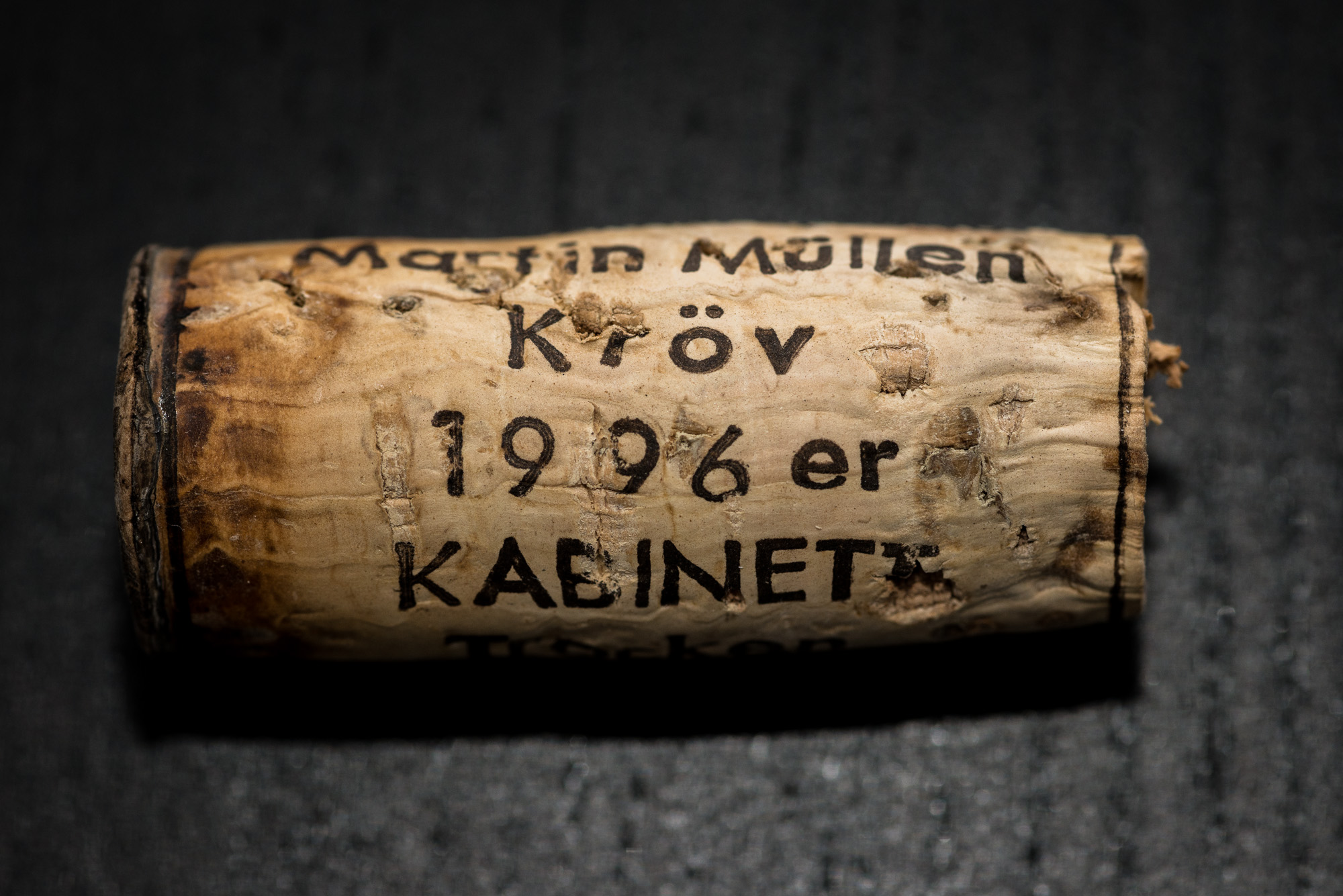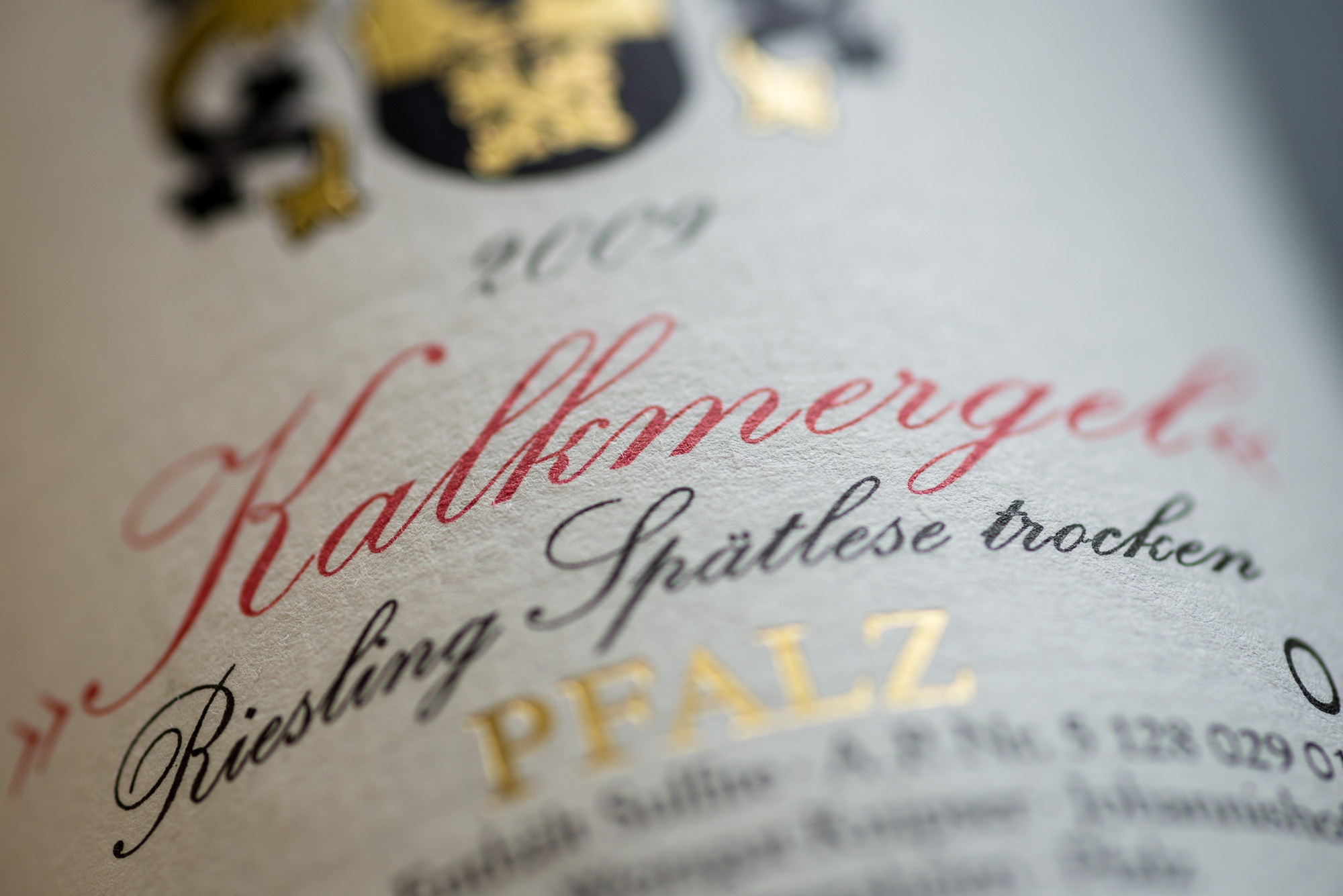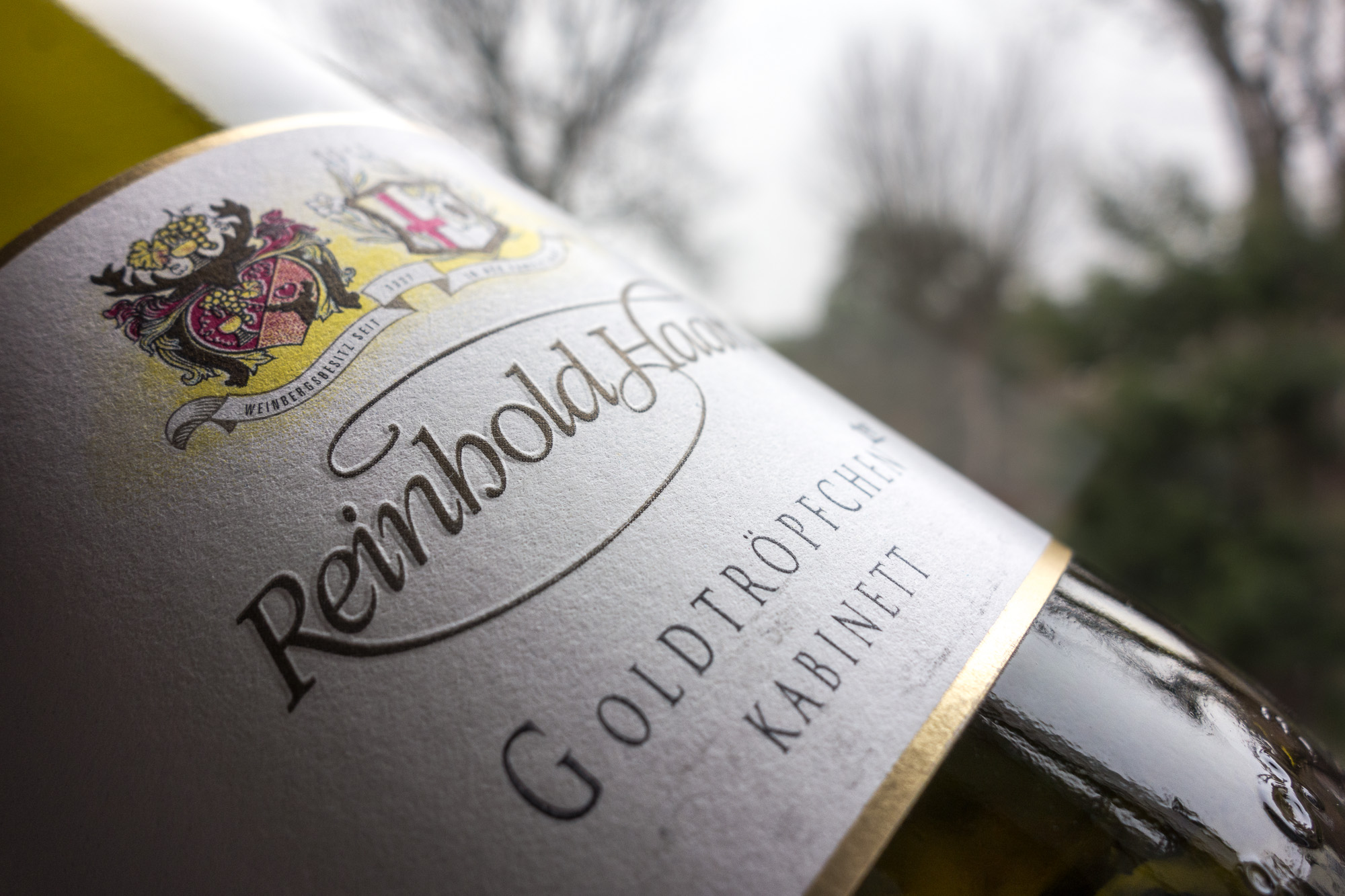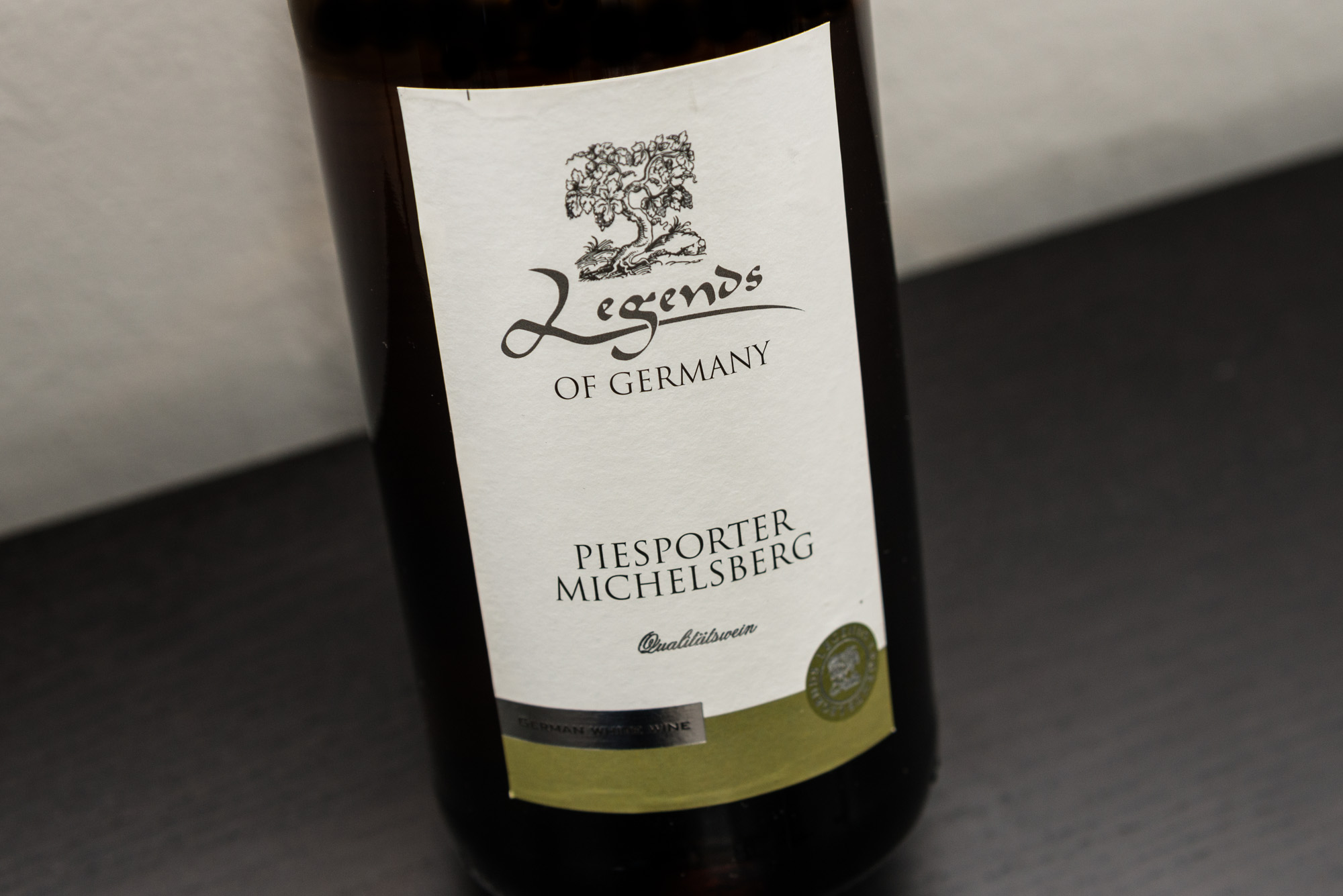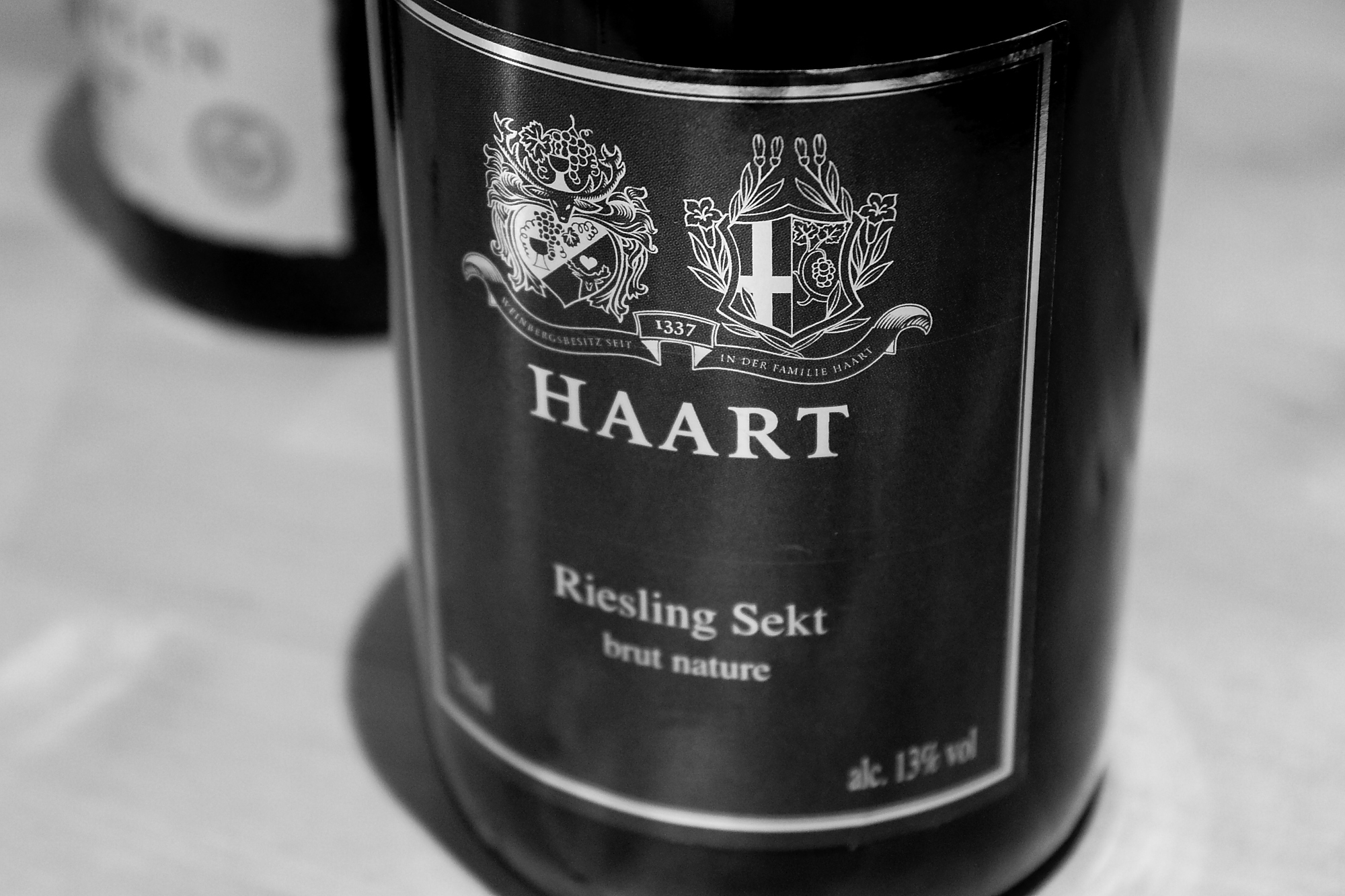Two years ago, I reminisced about student days and staircases. Last year, I got all corduroy trousers and turtleneck sweater about the term "elite". Somewhat disappointingly, this has not stopped Dallmayr, the renowned Munich delicatessen store, from again using the name Winzerelite (wine making elite) for their annual spring tasting of German and Austrian estates. Clearly, we needed to try another tack with Dallmayr, who this year actually invited us to attend as - imaging our proudly beaming faces - press. From a friendly chat with Dallmayr's public relations guy, we gathered that they were happy to have bloggers spread the word, but not yet sure how to understand their reach compared to print journalism. Not a scepticism that you often hear in the English-speaking wine world these days, but we were happy to rise to the occasion: a new journalistic approach was clearly called for here.
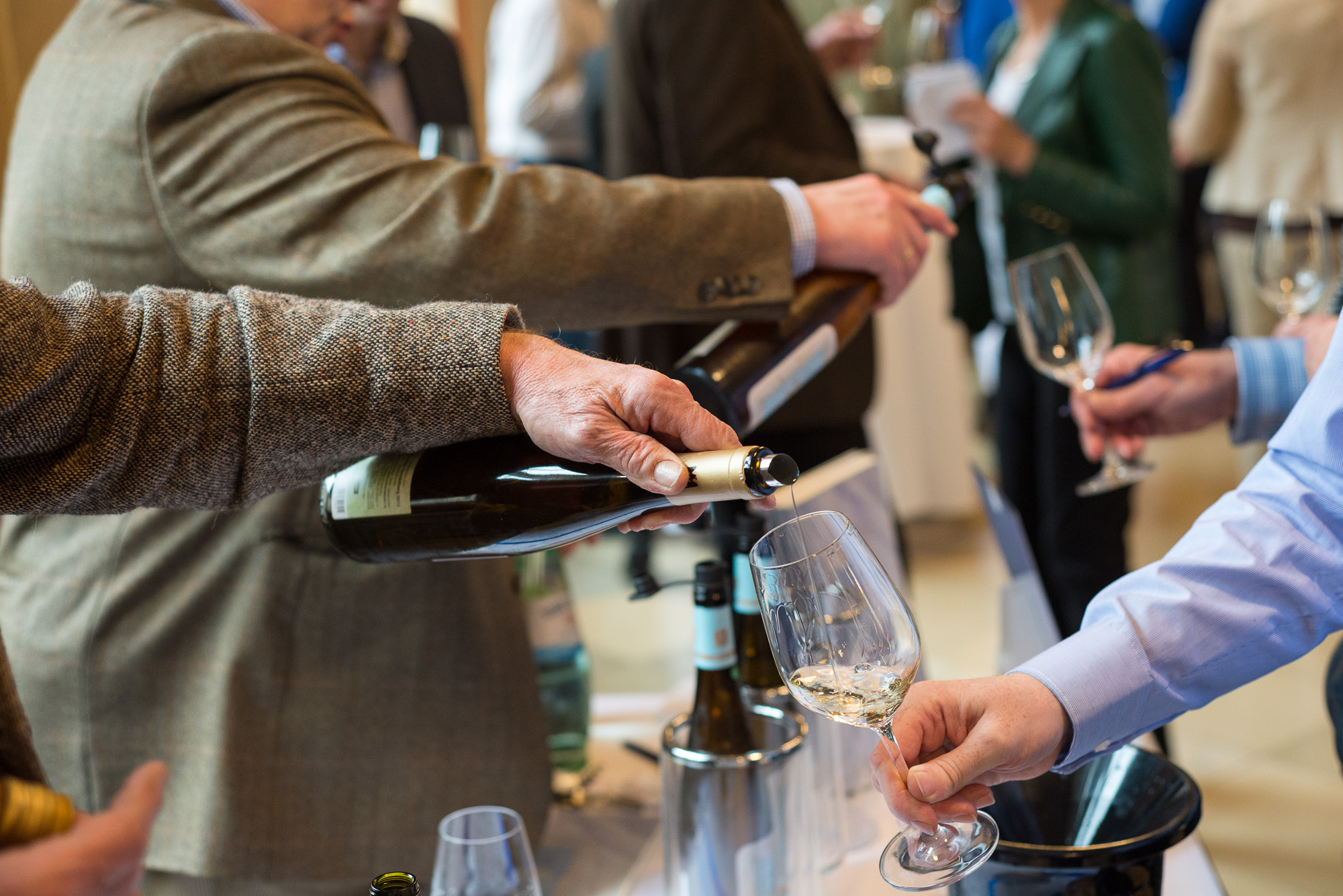
We decided not to come along with a preconceived set of questions but to actually let the winemakers steer the conversation. We asked the men and women manning the stalls to pour us just one wine, their most important one. That should not have to be the most expensive one, nor necessarily the best, we insisted, but simply the one most worth talking about. And then we tasted, and we listened.
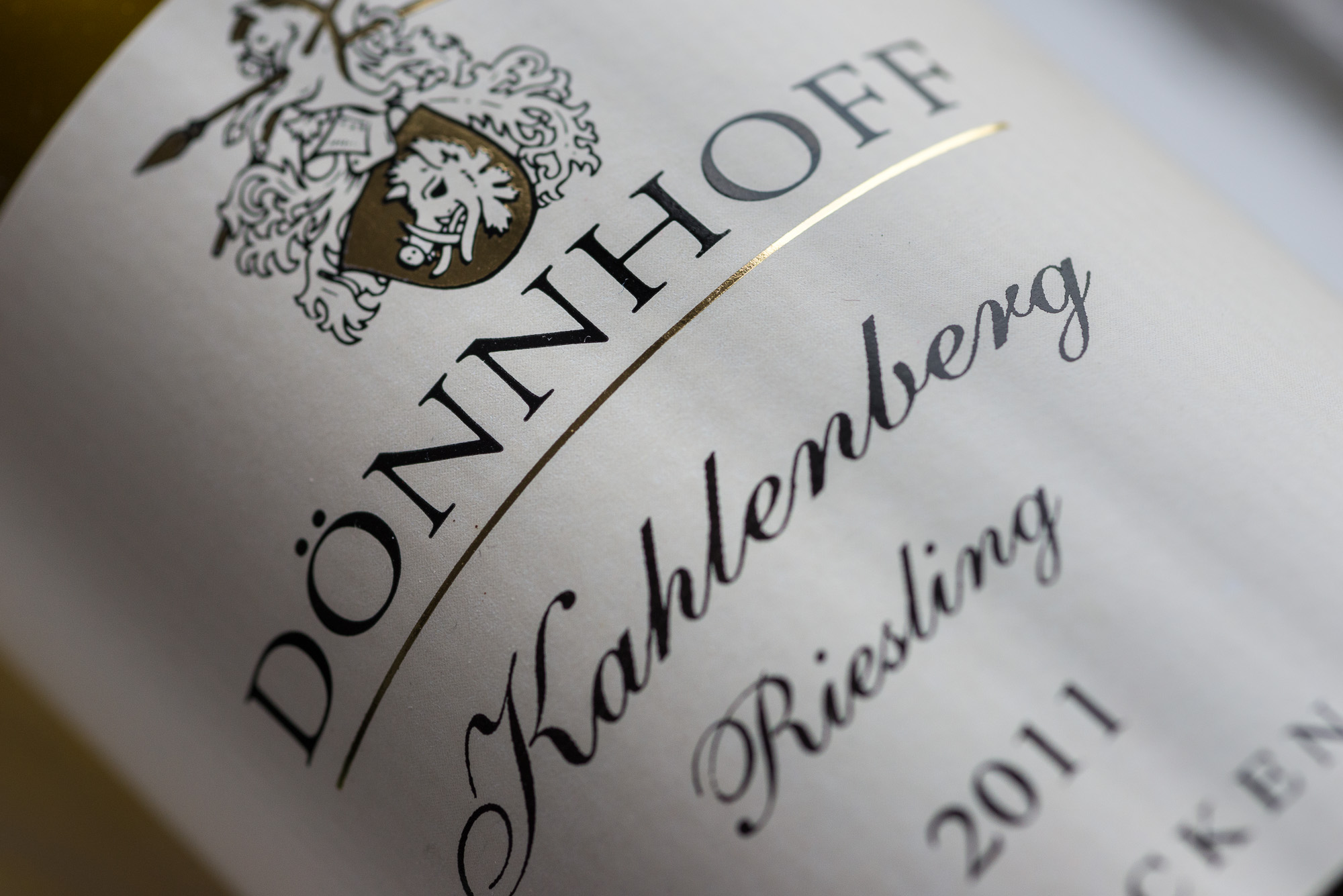

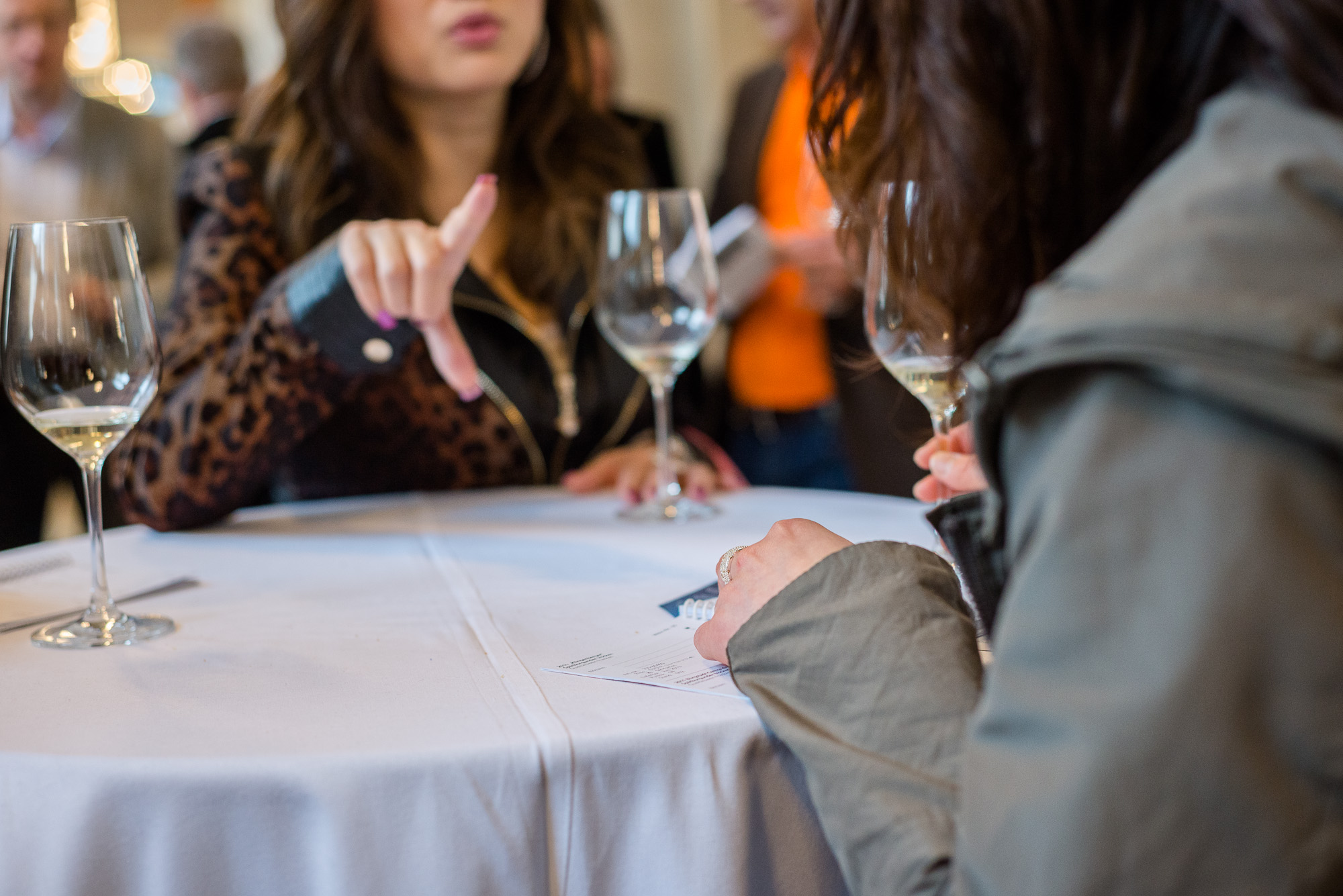
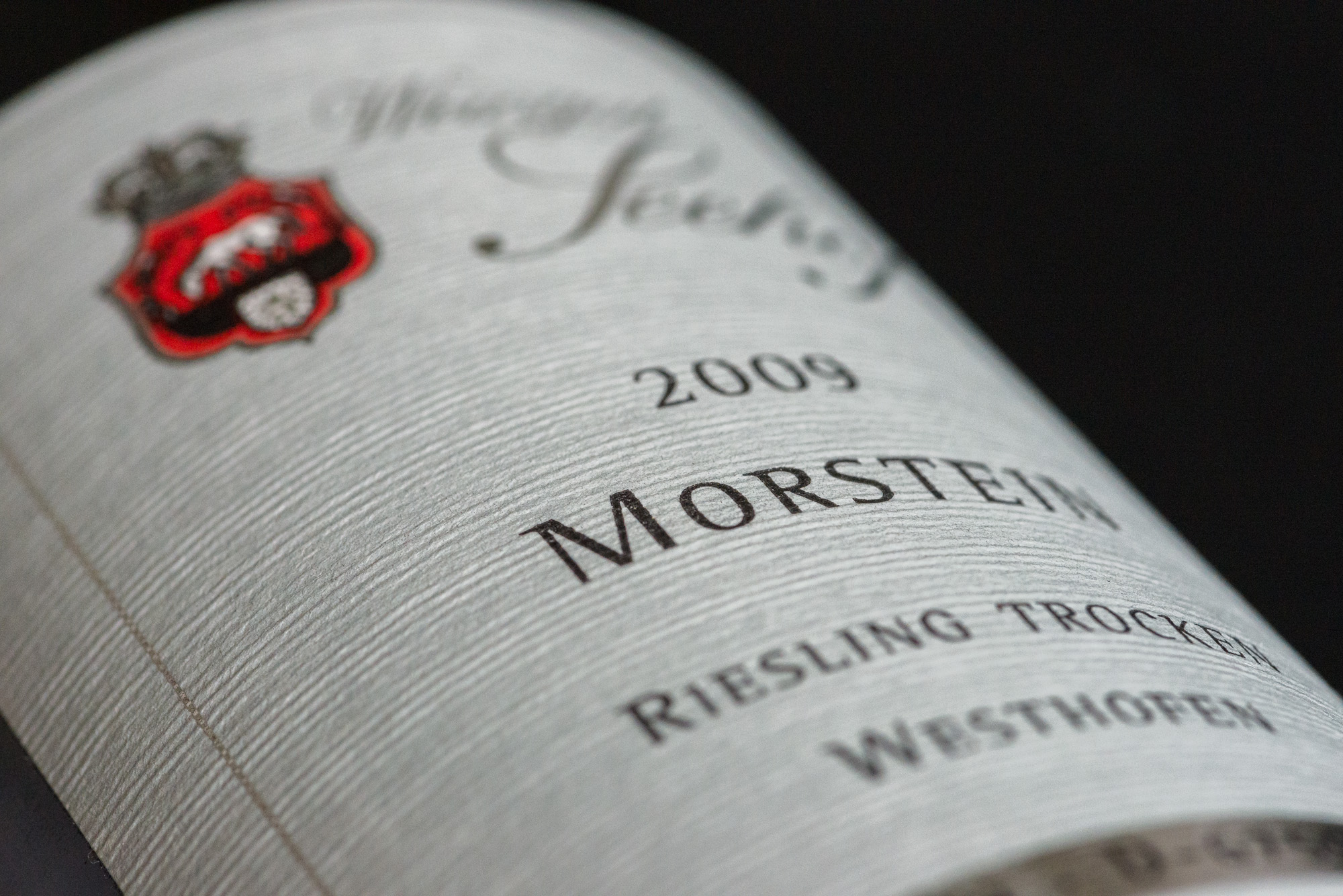

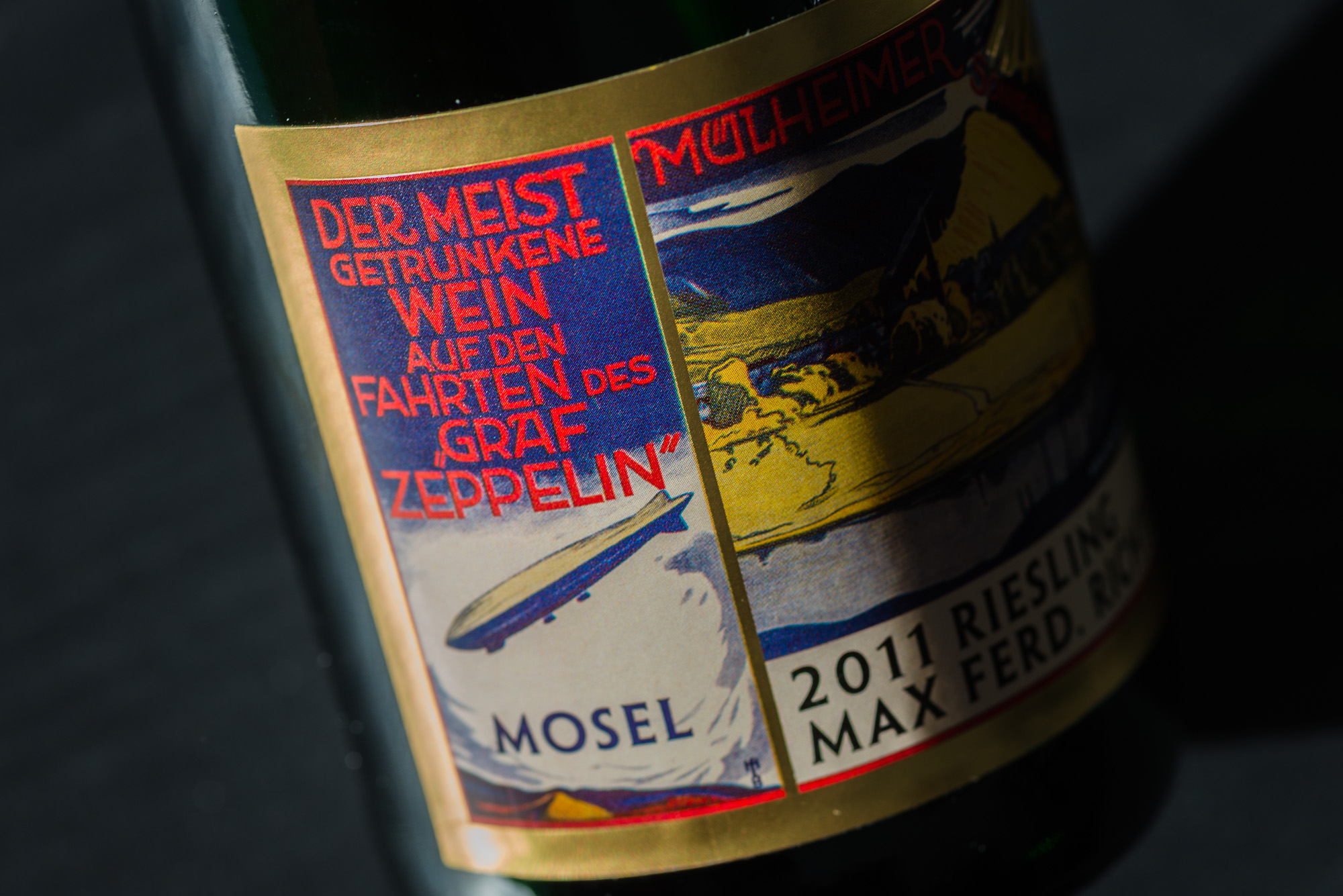 Most importantly it comes with an airship (not included in the price sadly): "the wine most often drunk during the flights of the 'Graf Zeppelin' (airship)", as the label proudly claims in German.
Most importantly it comes with an airship (not included in the price sadly): "the wine most often drunk during the flights of the 'Graf Zeppelin' (airship)", as the label proudly claims in German.